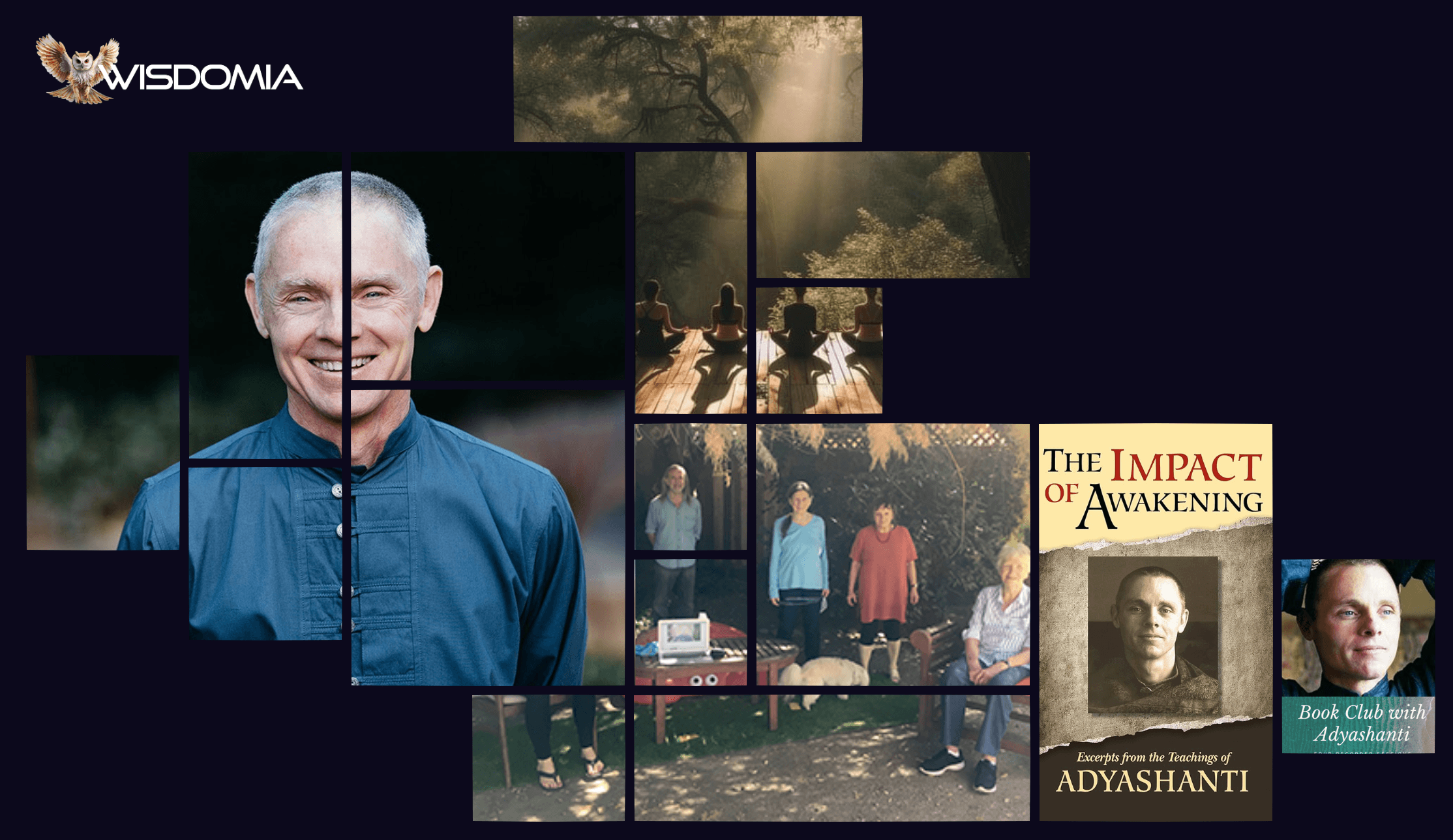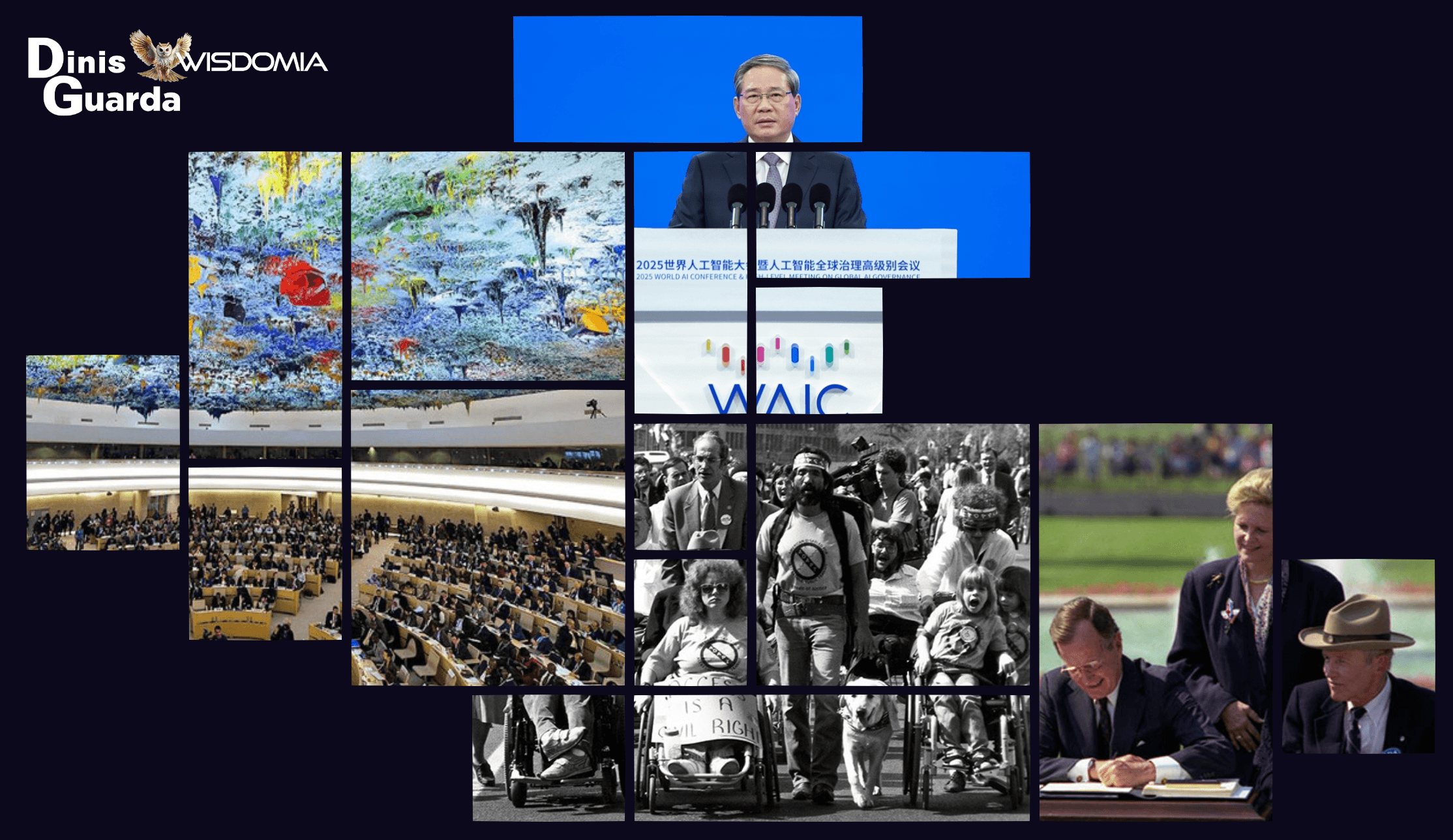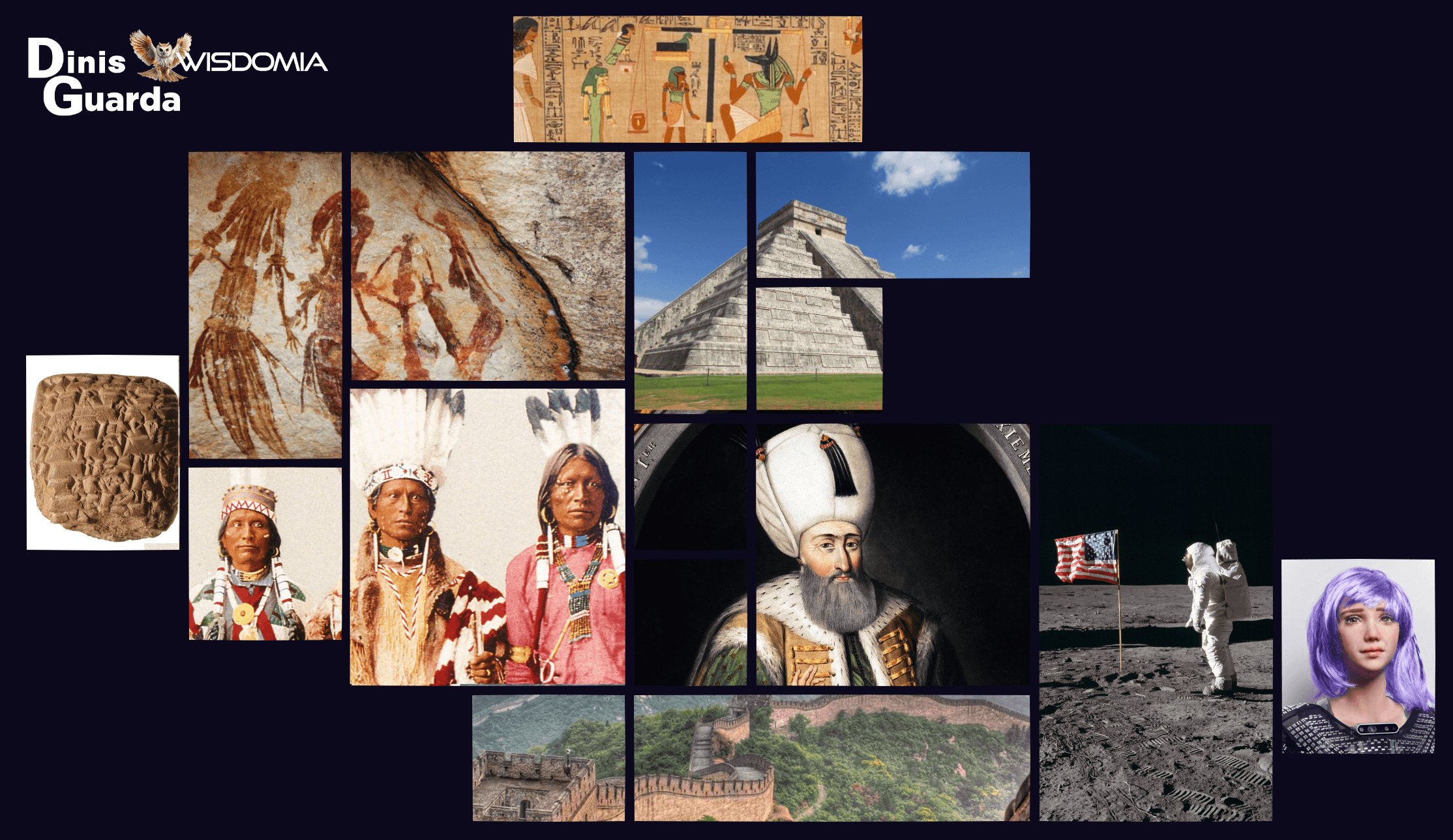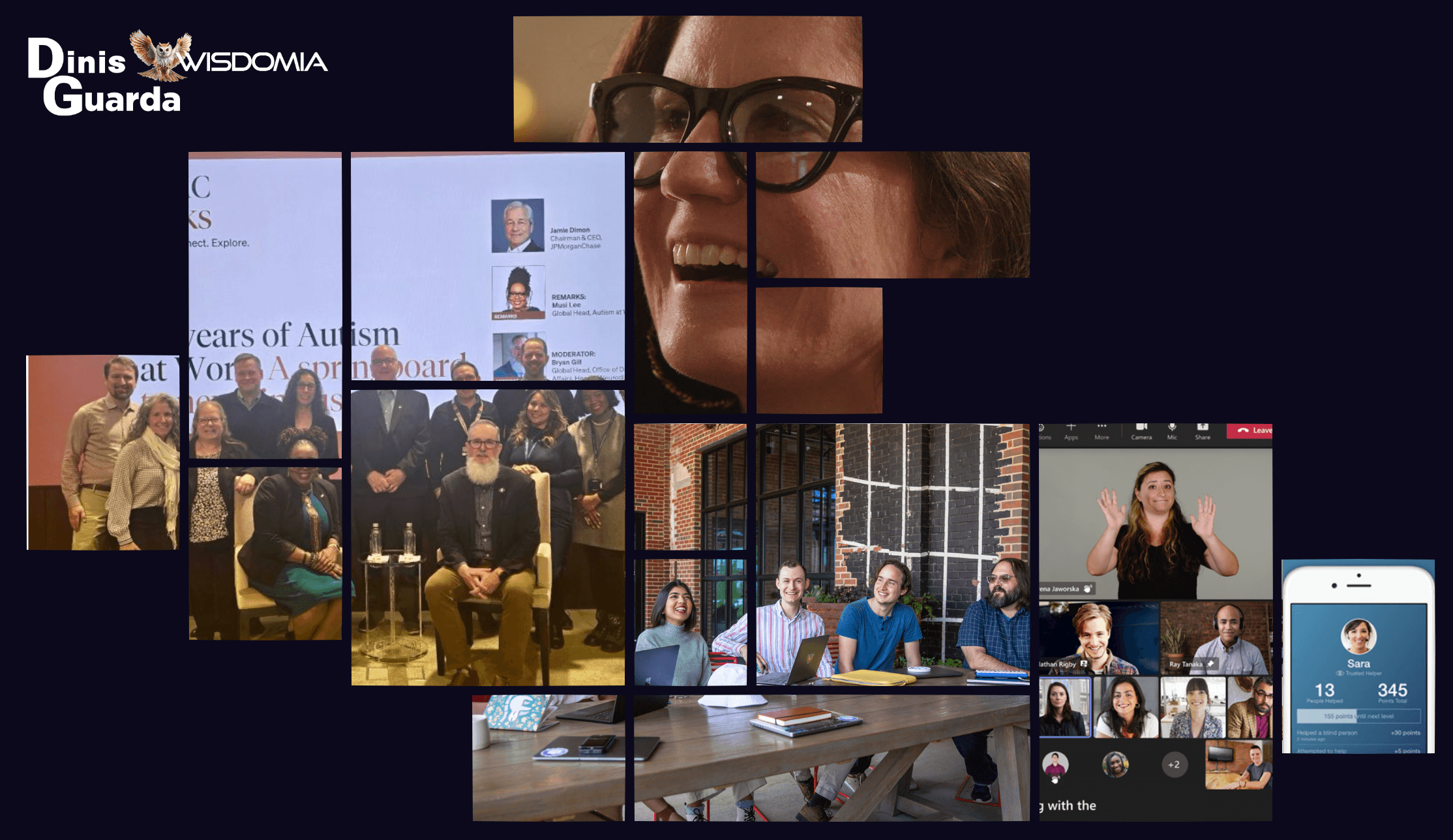The Practice of Radical Curiosity: Awakening to Life's Infinite Possibilities
Hind MoutaoikiIR&D Manager
Wed May 07 2025

In a world that often rewards quick judgements and fixed opinions, there exists a profoundly revolutionary way of being that runs counter to our modern inclinations. I speak of radical curiosity—that exquisite state of openness where the mind remains perpetually receptive, deeply engaged, and gloriously unfinished in its conclusions.
For six decades we have observed how this singular quality separates those who merely exist from those who truly live. It is not simply an intellectual stance, but rather a soul-deep orientation toward existence itself that transforms every encounter, every challenge, and every relationship into an opportunity for genuine growth.
What Is Radical Curiosity?
Radical curiosity transcends conventional inquisitiveness. It is not the superficial information-gathering that our digital age has made effortless, nor is it mere intellectual dabbling. Rather, it is a profound commitment to remaining open in situations where most would default to certainty.
To be radically curious is to approach life with wonder restored—to cultivate a mind that resists premature closure and embraces the discomfort of not-knowing. It means suspending judgment long enough to discover what might emerge when we refuse to categorise experiences according to our existing frameworks.
The radical aspect lies in its countercultural nature. In an era where instant opinions are expected and rewarded, choosing sustained inquiry over immediate conclusion feels almost rebellious. It requires the courage to say, "I don't know—yet," in a world demanding instant expertise.
The Emotional Landscape of the Curious Mind
There is a particular emotional texture to the radically curious life that I wish everyone might experience. Where certainty offers the temporary comfort of closed questions, curiosity delivers the exhilarating aliveness that comes with remaining open.
Consider the difference between walking through a familiar neighbourhood believing you've seen all it has to offer, versus moving through the same streets with eyes freshly attuned to notice what you've previously overlooked. The first brings the security of the known; the second awakens you to the extraordinary hiding within ordinary moments.
This quality of awakened presence—this vibrant attention to what actually is, rather than what we assume to be—brings with it a profound sense of connection. The radically curious person exists in relationship with reality rather than merely passing judgment upon it.
The Practice in Daily Life
Radical curiosity manifests in countless small choices throughout our days:
- It appears in conversations when we ask questions that seek understanding rather than confirmation of what we already believe.
- It emerges when we encounter someone whose views seem wrongheaded, yet we pause to wonder: "What experiences have shaped this perspective? What might they see that I've missed?"
- It reveals itself when facing personal setbacks, as we inquire: "What might this difficulty be teaching me? How might this apparent obstacle contain hidden opportunity?"
- Perhaps most powerfully, it arises in our relationship with ourselves, when we examine our own reactions with genuine interest rather than defensiveness: "Why does this trigger me so? What unexamined belief lies beneath this emotion?"
These are not theoretical abstractions. I have witnessed how marriages transform when partners replace certainty about each other with renewed curiosity. I've seen decades-long family conflicts heal when someone finally approaches an old wound with fresh questions rather than hardened narratives.
The Socratic Legacy: Wisdom Through Radical Questioning
No discussion of radical curiosity would be complete without acknowledging Socrates, who transformed Western thought through the sheer power of his questions. His famous declaration, "I know that I know nothing," was not false modesty but the cornerstone of an approach that prioritised inquiry over assertion.
What made his curiosity truly radical was his willingness to question where it was least welcome—examining the unquestioned assumptions of power and convention. The "Socratic method"—pursuing a line of questioning to its logical conclusion—remains our most powerful tool for cultivating radical curiosity. When we sincerely ask, "What do you mean by that?" or "How do you know this to be true?" we follow in his footsteps.
Beyond Personal Growth: Curiosity as Social Revolution
The implications of radical curiosity extend far beyond individual enlightenment. Indeed, I believe it represents one of our most powerful tools for addressing collective challenges.
Consider how political discourse has devolved into tribal certainties. What might become possible if we approached ideological differences with genuine curiosity about the human concerns underlying opposed positions? Not naive agreement, but authentic exploration of perspectives beyond our own.
Or imagine how our approach to environmental challenges might shift if we brought radically curious attention to our relationship with the natural world—observing with wonder rather than merely extracting with entitlement.
The most intractable problems facing humanity may not yield to certainty, but they just might respond to the kind of humble, persistent questioning that curiosity makes possible.
Cultivating the Curious Mind
Like any profound practice, radical curiosity requires cultivation. It begins with recognising how quickly we default to judgment and conclusion. Notice how often your mind races to categorise new information according to existing beliefs—to make the unfamiliar familiar through hasty interpretation.
The antidote lies in purposeful pausing—creating space between observation and conclusion. This isn't about abandoning discernment but rather deepening it through prolonged attention.
Practice asking questions to which you genuinely don't know the answer. Approach familiar relationships, environments, and even your own cherished beliefs with fresh eyes. What emerges when you temporarily suspend what you "know" in favour of what you might discover?
Begin with small matters if the prospect feels overwhelming. Before rendering judgment on the neighbour's peculiar garden choices or a colleague's working style, pause to wonder about the story behind what you observe. Small practices of curiosity create neural pathways that make larger applications possible.
The Invitation
As our world grows increasingly complex and our challenges more daunting, radical curiosity offers not an escape from reality but a more profound engagement with it. It invites us beyond the confines of habitual thinking into the expansive territory of genuine discovery.
The practice asks something significant of us. It requires relinquishing the security of fixed positions and the comfort of easy answers. It demands the courage to remain open when closing down would feel safer.
Yet what it offers in return is nothing less than a life fully lived—a life where each day brings fresh revelation, where relationships remain vital through continued discovery, where even familiar paths reveal unexpected wonders.
In the twilight of my own journey, I can offer this assurance: of all the qualities I've cultivated over many decades, none has brought more richness, more wisdom, or more genuine connection than the practice of radical curiosity. It remains, always, the beginning of everything that matters.
Read More:
seeing an owl at night spiritual meaning
how has the development of technology positively affected our wellness?
previous
Understanding Tortoise Lifespans: How Long Do Tortoises Live in the Wild and Captivity?
next
Life Changing Books: Pathways to Wisdom and the Art of Living Well
Share this
Hind MoutaoikiI
R&D Manager
Hind is a Data Scientist and Computer Science graduate with a passion for research, development, and interdisciplinary exploration. She publishes on diverse subjects including philosophy, fine arts, mental health, and emerging technologies. Her work bridges data-driven insights with humanistic inquiry, illuminating the evolving relationships between art, culture, science, and innovation.
More Articles

The Hard Truths: Three Critical Barriers Standing Between AI Innovation and Universal Accessibility

Elder Voices of the Millennium: Adyashanti

The Rules of the Game: How Global Policy Is Shaping AI Accessibility from Rights to Reality

The Rise and Fall of Civilisations: A Complete History

When Profit Meets Purpose: How Microsoft and Corporate Leaders Are Proving the Business Case for Accessibility





